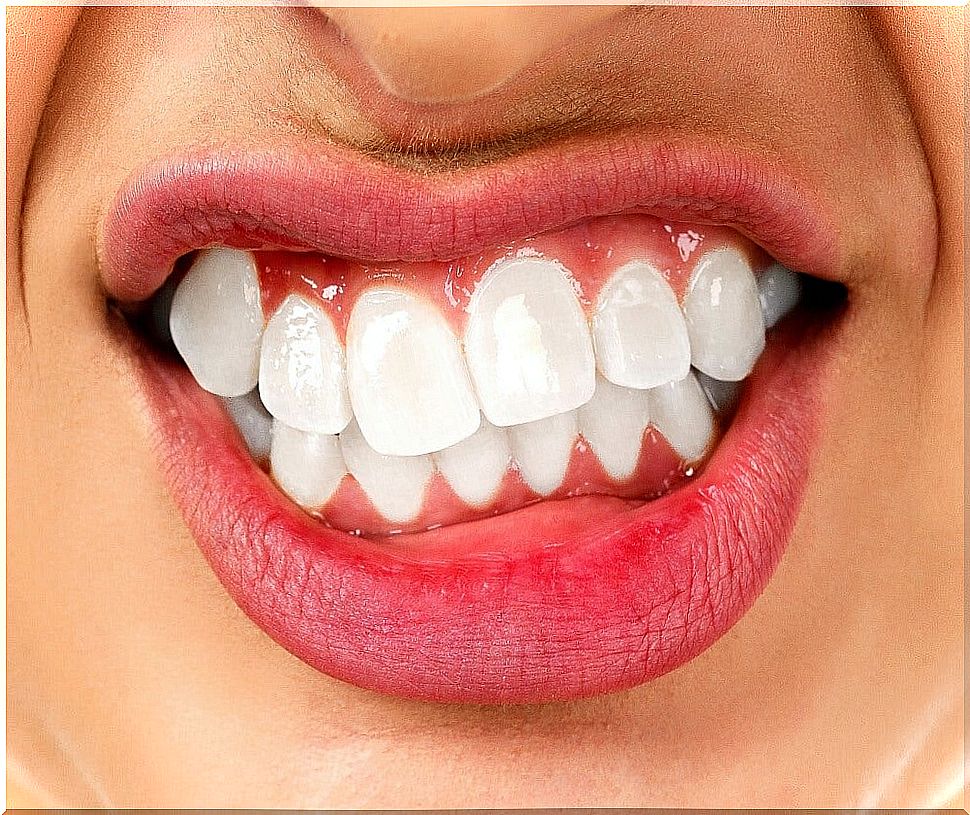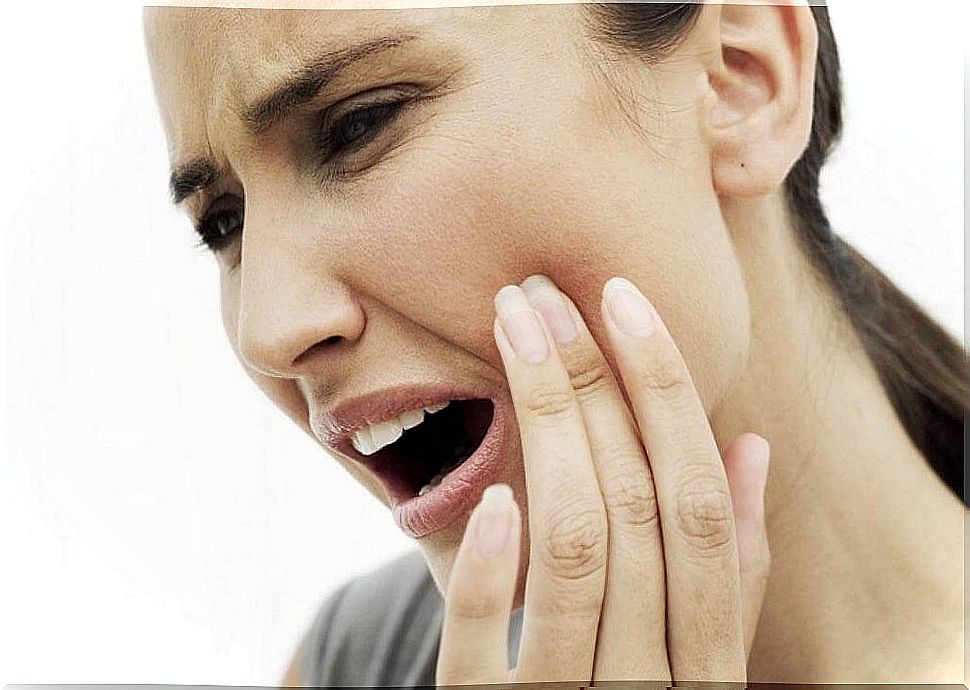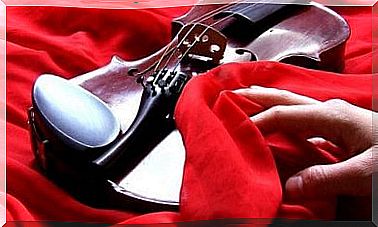How To Relax The Jaw And Combat Bruxism
On many occasions, people may be unaware that they suffer from bruxism and usually discover it in a routine dental check-up. Learning to relax your jaw is very important to avoid many of the effects of this habit.
Since bruxism causes effects in different parts of the masticatory system, in most cases, the diagnosis is made by observing the wear of the teeth and the tension of the jaw muscles, hence the importance of knowing how to relax the jaw.
An early diagnosis of bruxism can prevent, among other complications, premature wear of the teeth and its dire consequences.
What is bruxism?

Bruxism is an unconscious, intense and rhythmic nocturnal movement of the chewing muscles. It is very common in children, without being considered pathological at those ages, but rather a natural form of development of the dentition that tends to disappear when they reach youth.
However, in adulthood, the bruxist habit can cause multiple problems depending on the frequency and intensity.
In the teeth there is a characteristic wear At the level of the gums, it weakens them, so that in the long run, inflammation and mobility will appear in the teeth. But the most damaging effect is on the muscles and the temporomandibular joint in the form of:
- Headaches.
- Earache.
- Neck pain
- Pain when opening the mouth.
- Noises when opening the mouth.
- Even in the long run difficulty chewing and speaking.
To treat bruxism effectively, we must take into account the cause, stress plays a very important role. People with this habit generally endure high levels of stress, and the intensity of bruxism is proportional to the level of stress at each moment.
The alterations in the teeth, which cause a bad occlusion, forces the organisms to try to wear down whatever it is that prevents a better way of fitting the teeth. There are discharge splints, but these only prevent dental wear, since the person continues to maintain the same tension.

Can we learn to relax the jaw?
When we want to combat a tension, the first step is to realize the moment in which we do it. Therefore, we must learn to become aware of the jaw and thus be able to relax it.
To achieve this, we must implement several techniques:
1. Relax the jaw with a few simple movements
- We will open our mouth as much as we can and close it slowly (15 times).
- We will bring the jaw from side to side (15 times).
- We will advance the lower jaw forward and return it backwards (15 times).
- We will make circles with the jaw in both directions (10 times to each side).
- We will make the figure of infinity or eight, going up on each side and down the center (10 times in each direction)
It is advised to do these exercises twice a day. Preferably one before going to bed.
2. Relax the tongue
The tongue is related to the jaw, for this reason, relaxing the tongue will also help us relax the jaw, and to achieve this, we will do the following exercises:
- We will stick out our tongues as much as we can. We can help ourselves with a clean cloth handkerchief to stretch it with our hands a little more, always very carefully, without hurting ourselves, and gradually.
- With the mouth closed, we will press with the tongue the inside of the cheeks and the palate, from front to back.
- We will do these exercises for two or three minutes, at least once a day.
3. Become aware of the jaw
The time to go to bed is essential to avoid night bruxism. For this reason, we recommend doing a series of jaw stretches right then and there.
It is important that, while we fall asleep, we concentrate on relaxing the jaw since, almost unconsciously, it will try to clench again. At first it will be quite complicated, but progressively we will notice the results.
4. Manage stress

The treatment to relax the jaw and avoid bruxism, we will perform it based on some movements and exercises, but also taking internal measures, to control the level of stress.
A person suffering from stress is a source of nervousness, anxiety and irritability. Therefore, you need psychological help and a good life strategy to learn to manage stress and your emotions in general.
Aromatherapy, mindfulness, yoga, relaxing massages, and other measures can complement psychological therapy and thereby help promote well-being.
Do you have trouble relaxing your jaw?
If you have problems relaxing your jaw and you notice accumulated tension, it is best to go to your GP and discuss your concerns. The professional will help you find the best solution.
Additionally, remember to adopt and maintain good lifestyle habits.









